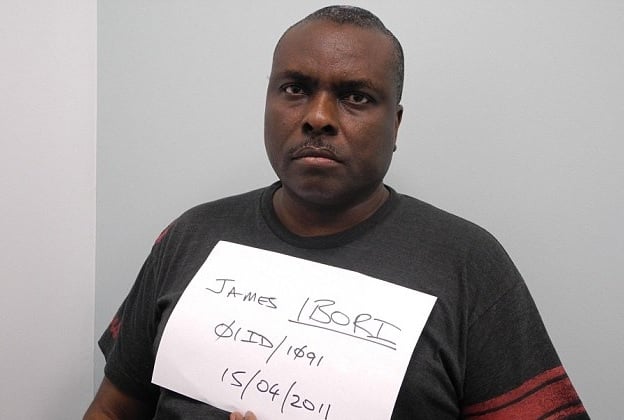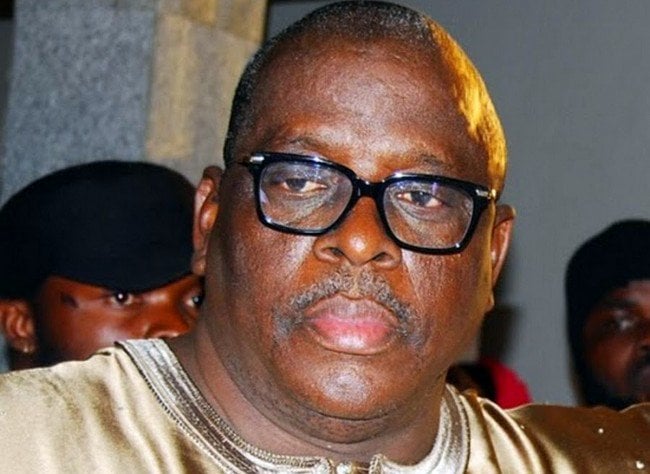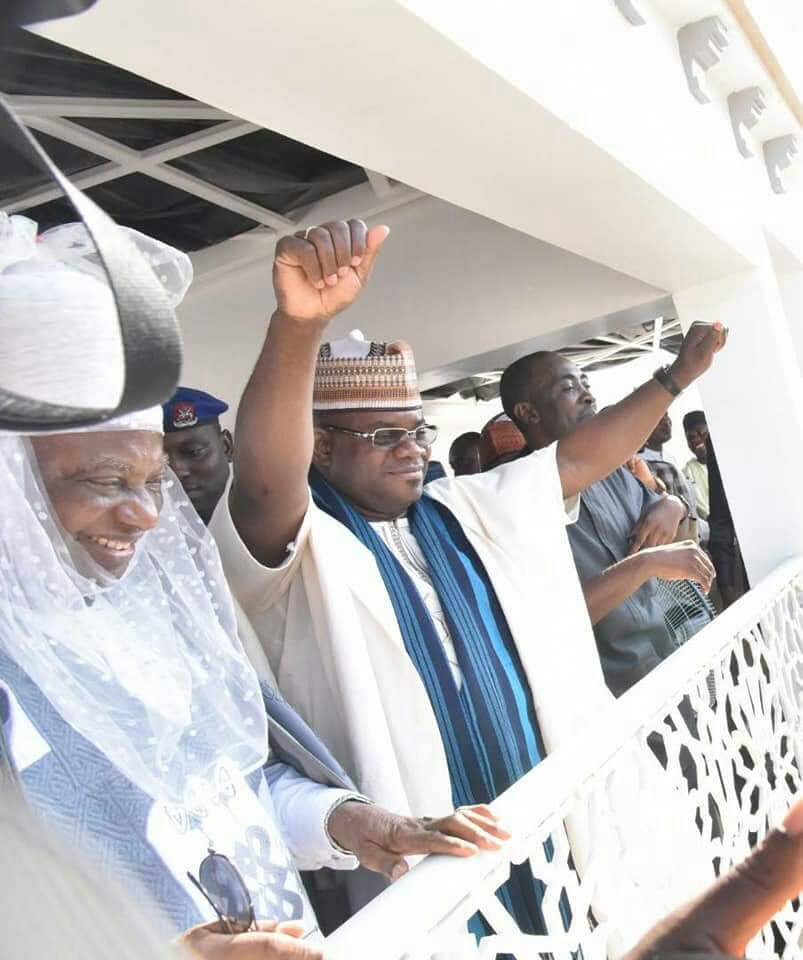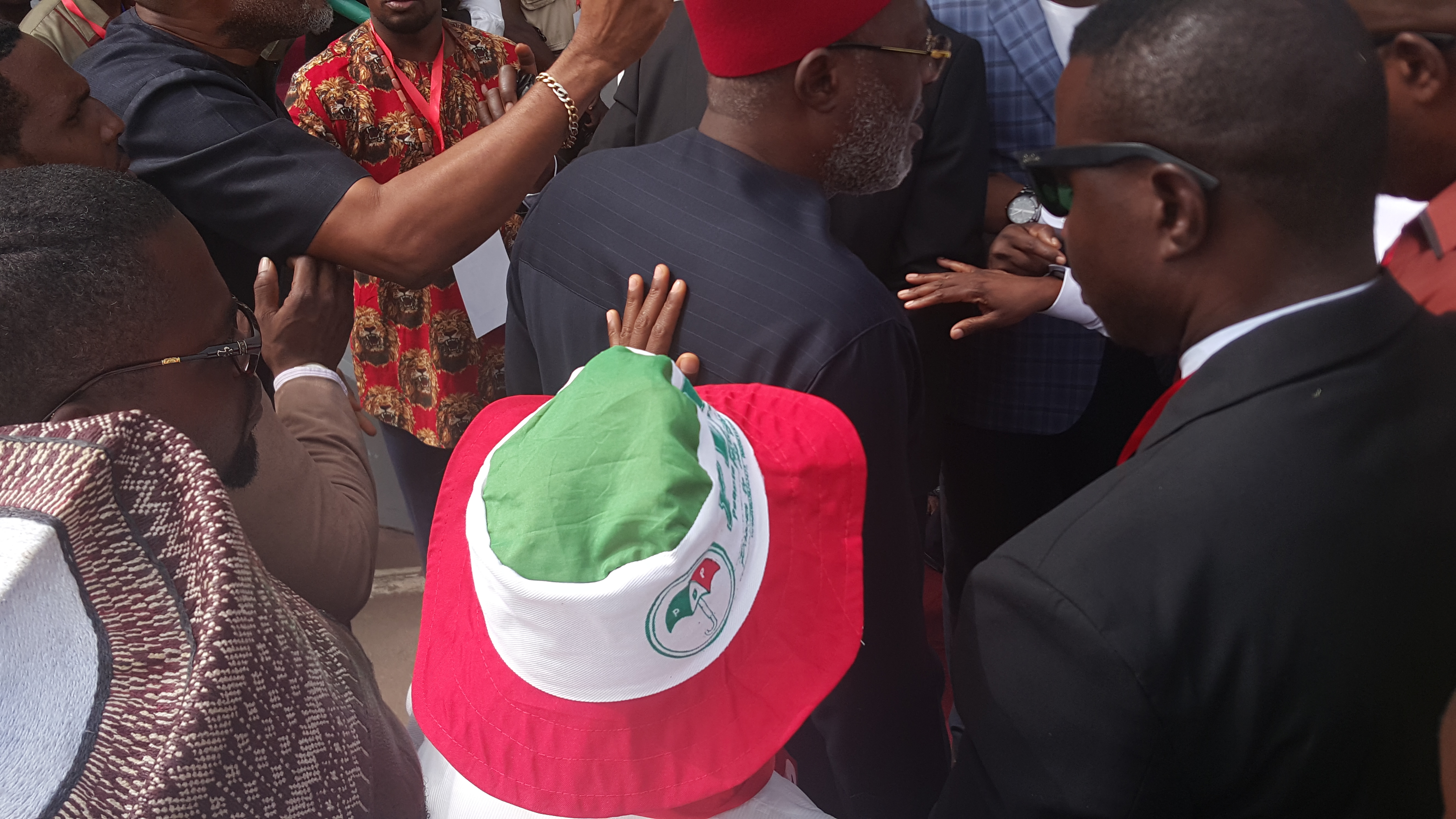There is no doubt that the word corruption has become a household name in Nigeria, dwelling in the heart of the nation’s domestic dictionary.
If there is a phrase Nigerians have now got used to hearing, it is ‘anti-corruption campaign’ or put more succinctly, ‘corruption trial’.
Administration after administration, several public and civil servants make the headlines for alleged cases of corruption.
As these cases spring up, adhoc committees and panels are set up to probe them with a view to ensuring justice.
Advertisement
For years, the trial of some prominent politicians and other former public office holders in the country has throttled on with bumps and jolts.
On November 7, a Japan court sentenced Chisako Kakehi, a 70-year-old Chinese woman tagged the “Black Widow”, to death for killing her husband.
According to The Japan times, the trial “was the second-longest of its kind, with 135 days spent examining the case.”
Advertisement
However, the wheels of justice in Nigeria seems to have some judicial faults as decades after, many of the cases are still dragging like snails in courts.
Bob Menendez, a US senator, is facing trial for an alleged case of corruption, according to the Business Insider. The trial is expected to last eight weeks.
But in Nigeria, cases of corruption spring up in short intervals, but take aeons to be prosecuted, and with each trial, there is usually a sordid tale of compromised and flawed judicial processes.
Below is a list of some prominent high-profile corruption trials that have dragged on in the country for long.
Advertisement
AKWE DOMA
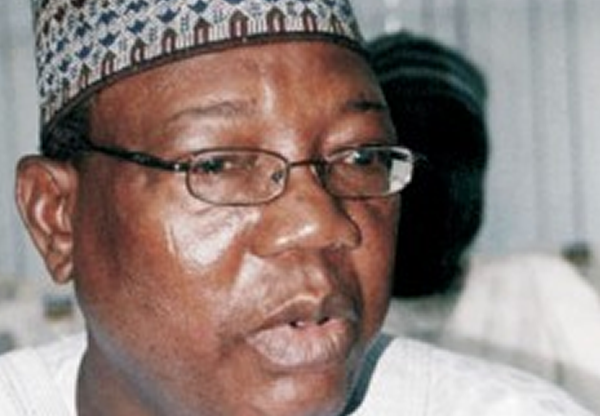
In October 2011, the Economic and Financial Crimes Commission (EFCC) arraigned Doma, a former governor of Nasarawa, alongside nine others on a 10-count charge bothering on alleged fraud to the tune of N8bn.
Doma, together with Timothy Anjide, a former secretary to the state government, and Dauda Egwa, a former accountant-general, were said to have laundered the funds during their time in office, between January 2007 and December 2009.
During one of his most recent arraignments in June 2016, Maikeffi Abashe, a clerk of the Nasarawa state house of assembly, revealed how the former governor allegedly diverted N350m of state funds under “special releases”, without any record of approval from the state house of assembly.
ORJI UZOR KALU
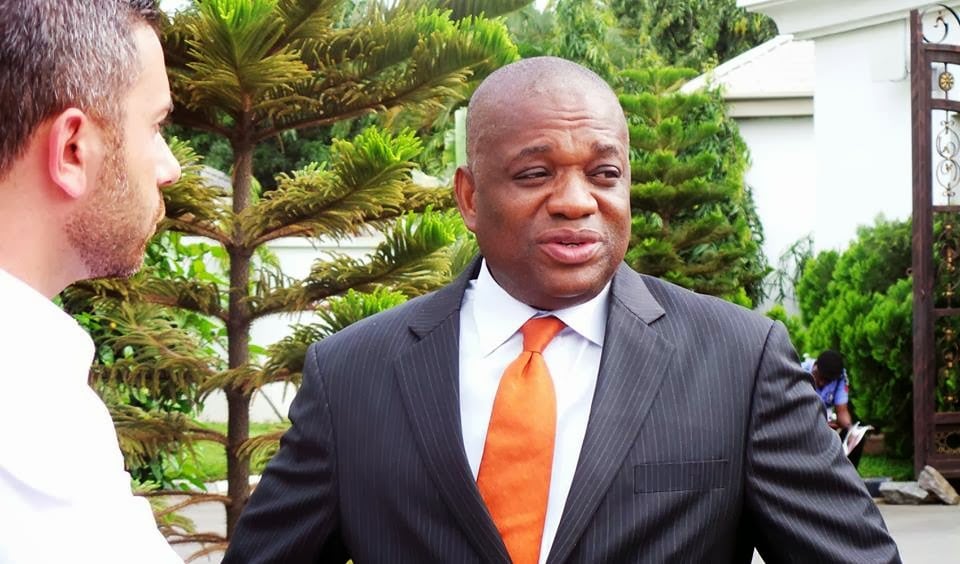
Kalu, a former governor of Abia state, was first arraigned by the Economic and Financial Crimes Commission (EFCC) in 2007, on a 96-count charge of money laundering.
Advertisement
His trial was delayed at the time when lawyers from the office of the attorney-general of the federation contested the power of the EFCC to prosecute the former governor.
But in 2016, the supreme court ruled that the EFCC could continue with Kanu’s trial.
Advertisement
He was then re-arraigned before a federal high court in Lagos on an amended charge of 34 counts of money laundering.
The last hearing of his case was on 0ctober 3, and the last adjournment before then was June 7.
Advertisement
ABDULLAHI ADAMU
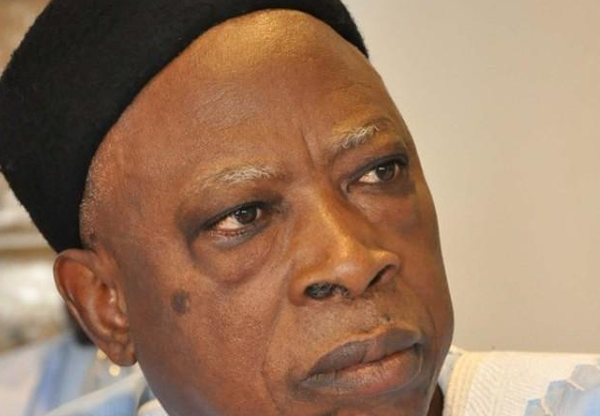
The EFCC first arraigned Adamu, an ex-governor of Nasarawa state, in March 2010, alongside 19 others on a 149-count charge bothering on money laundering.
He was accused of awarding fraudulent contracts – most of which were said to be capital projects. He was also alleged to have stolen public funds estimated at N15 billion during his eight-year term as governor of the state.
Advertisement
The anti-graft agency later amended the charges to amount to a 170-count charge against him when he was re-arraigned before a federal high court in Nasarawa.
GBENGA DANIEL
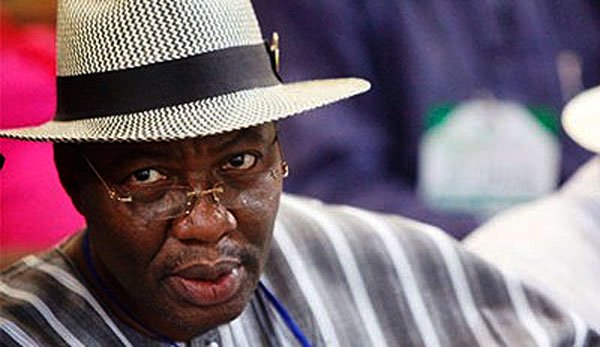
On October 12, 2011, Gbenga Daniel, former governor of Ogun state, was first arraigned by the EFCC, before an Ogun state high court on 16-count charge bothering on fraud to the tune of N211.3 million.
He was later re-arraigned on April 16, 2012, before the court on an amended charge of 38 counts premixed upon alleged stealing of state funds, bribery, fraudulent conversion of public property and false declaration of assets.
Daniel was alleged to have stolen N211.3 million between 2004 and 2011 while in office as governor. He was also accused of converting government’s land in various parts of the state to his personal use.
SAMBO DASUKI
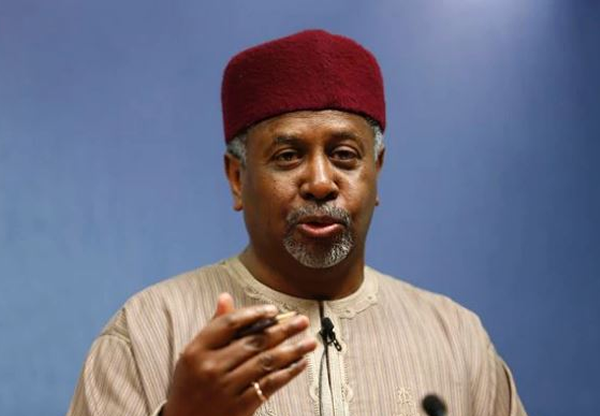
Though it has lasted for just two years, the corruption trial of the former national security adviser is particularly an interesting one, considering the intrigues that have come into play since he was first arrested and detained in December 2015.
He was first arraigned before an Abuja high court on a 19-count charge of money laundering and breach of public trust.
Dasuki was accused of diverting billions of naira meant for arms purchase for the fight against Boko Haram insurgency in the north-east, and disbursing such to his cronies, including, allegedly, the Peoples Democratic Party (PDP).
Part of the 19-count charges had it that Dasuki and Shaibu Salisu, ex-director of finance and administration in the office of the NSA, allegedly withdrew N2.120 billion from the NSA account with CBN, in the build-up to the 2015 general elections.
The duo reportedly paid same to the account of Daar Investment and Holding Company Limited owned by Raymond Dokpesi, to aid the preparations of the PDP for the 2015 election.
JOLLY NYAME
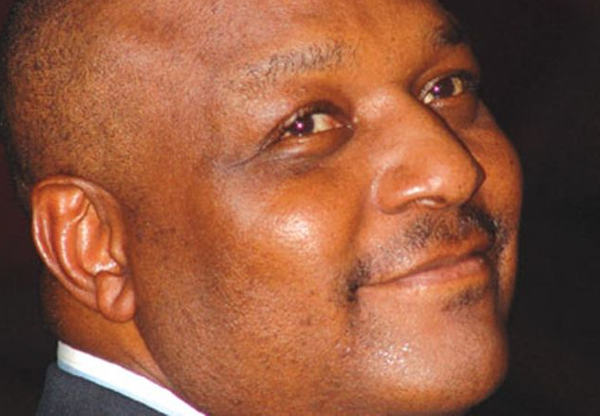
The EFCC first arraigned Nyame in 2007 for alleged fraud to the tune of N1.64 billion which it said he committed while serving as governor of Taraba state.
His trial was, however, delayed over a preliminary issue bordering on the jurisdiction of the supreme court to try him but continued in 2016 after the apex court ruled that the former governor had a case to answer.
The EFCC had levelled 41-count charges against Nyame, including the alleged diversion of N24.3million while serving as governor.
At one of his most recent arraignment in court – October 3, the EFCC confronted the former governor with documents challenging his testimony in court, and his claim that he was not involved in state transactions, which formed the basis of his trial.
SAMINU TURAKI
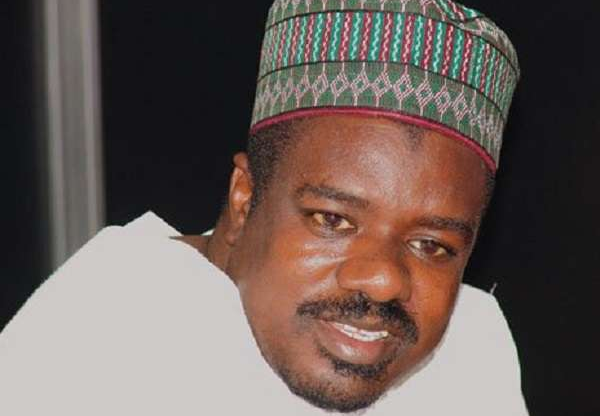
A former governor of Jigawa state, the EFCC had in July 2007, filed a 32-count charge of corruption and money laundering against Turaki at a federal high court in Dutse, the state capital.
The anti-graft agency accused him of laundering N36 billion from the state coffers.
Although his trial was stalled along the line when the EFCC claimed he had absconded after being granted bail, he was recently re-arrested in Abuja by operatives of the commission and brought before a court for trial on September 19.
DANJUMA GOJE
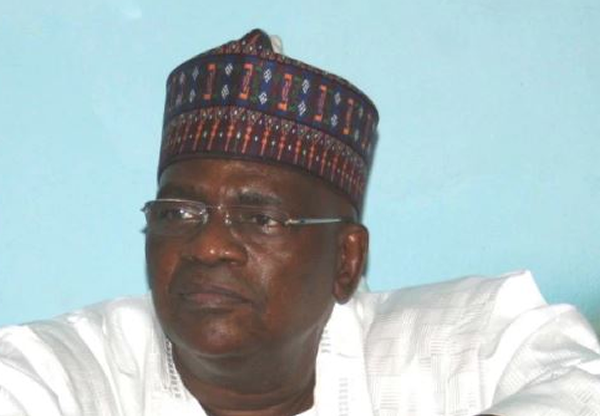
Danjuma Goje
A serving senator, Goje has been facing trial since 2007 on charges of conspiracy and money laundering, offences he was said to have committed while serving as a governor of Gombe state.
With his subsequent re-election as the governor of the state in 2007, the EFCC could not proceed with his trial because he was immune from prosecution.
However, the case was re-opened on September 26, 2017 at the federal high court in Plateau, with the EFCC presenting four witnesses, who testified as the 15th, 16th, 17th and 18th witnesses.
Goje, who is currently standing trial before Babatunde Quadri, justice of the federal high court, is said to have, among other things, diverted the contract of food supply to the state government house and loan facilities obtained from banks.



